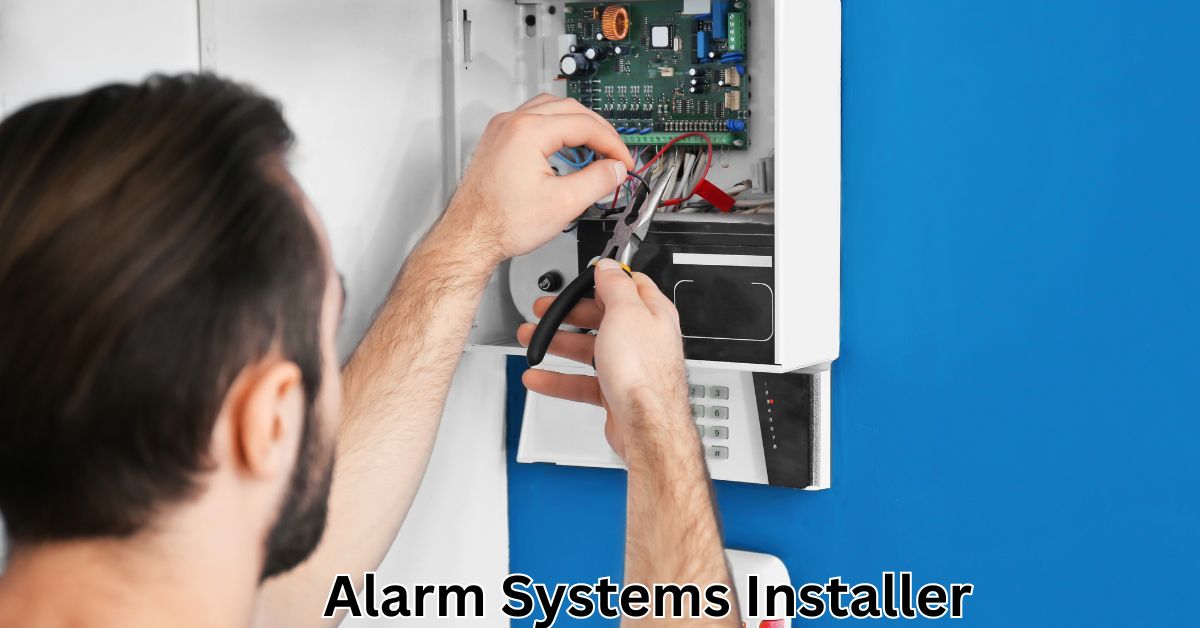How to land softly in Canada – New PRs
How to land softly in Canada – New PRs
A soft landing in Canada following the lengthy procedures and rigorous processes required, from application to verifications and all other requirements, is just as important as the process required to obtain your onward travel visa. There are several necessary itineraries that you need to be aware of, however, in order to make a soft landing in Canada.
Having a soft landing simply means doing whatever is necessary to be cleared from the point of entry, having all the necessary documents, meeting all the necessary criteria, doing whatever is possible to get into your new home in to enter Canada which may result from your own part. You can have a soft landing as an immigrant once you have completed your Permanent Residency (PR) process and landed in Canada, after possibly receiving your Confirmation of Permanent Residency from Immigration, Refugee and Citizenship Canada (IRCC).

What is soft landing?
A soft landing would also refer to when you decide to return to your home country to settle some affairs or business such as maybe (sell cars, real estate or apartments, save or raise more money) after originally entering Canada with a view to later returning for permanent status.
Read Also: Jobs In Canada
Read Also: Working Two Full Time Jobs in Canada – Right or Wrong?
This is often possible because in order to retain your PR status you must complete 730 days out of 5 years in Canada after you receive your PR status.
Basically, it’s a strategy used to test the waters before committing to permanent residency.
What should you pay attention to when planning your itinerary?
It is important to prepare and organize your documents for a smooth transition.
The last minute preparations can be quite daunting and overwhelming. It is important that you start preparing and organizing your travel documents well in advance of your departure date to Canada.
Also, make sure your documents are up-to-date and in the officially specified format. You should have the latest immigration information and developments that affect you.
What documents do you need to prepare and organize?
your visa
- Secure your visitor visa, business visa, tourist visa, work permit, study permit and any other immigrant visa that concerns you.
- passport
- Make sure your passport is current and valid
- bank documents
- You may be asked to provide proof of funds upon immigration at the airport, so you will need your bank statement handy and ready to declare. Please note that you do not need to bring the full amount required for express entry or other immigration programs.
- If your immigration is long-term or permanent, you should close your bank account in your home country when you feel you no longer need it.
insurance documents
- You must in any case keep your insurance documents neat and available in the suitcase,
- you have an international experience visa or
- You are landing or residing in a province that does not offer health insurance for non-citizens and non-permanent residents for the first three months after landing. Be sure to find out if this applies to you.
occupation
- If you intend to migrate to permanent status, it is important that you have a letter of reference from your previous employer as finding a job will become one of your top priorities.
- A handwritten reference letter is often more appropriate.
- Make sure your resume meets Canadian standards.
accomodation
- Where do you intend to stay once you land in Canada you need to arrange this in advance.
- If you don’t have friends or relatives, they can stay with you for the first few days after your arrival. You should have enough resources to provide for your accommodation when you begin your housing hunt. Additionally, you can start and secure your accommodation online from outside Canada.
- It is quite common for Canadian landlords to require a letter of recommendation as a condition of renting a home or apartment to previous landlords.
Health
Depending on the province you land in, you may not have access to government-sponsored healthcare. It is therefore important that you have health insurance.
You should have with you any medication you think you may need and it requires a prescription. If you don’t have insurance you may need to get a prescription, which can be quite expensive in Canada. Additionally, you cannot buy prescription drugs in Canada without a prescription.
driver’s license
Don’t forget to bring your driver’s license from your home country.
However, an international driver’s license which you can apply for in your home country is more suitable and preferable.
Depending on the province or territory, there are different requirements and eligibility requirements for your current driver’s license to drive in Canada.
Depending on the province/territory, you may be able to exchange your current driver’s license, but you must provide proof of driving experience from the entity that issued your driver’s license.
mobile
Your contract with your service provider or mobile operator must be terminated when you leave your home country. Check the notice period in your contract to avoid unnecessary charges.
Your phone can also be locked. So if you want to use the same phone in Canada, you need to check if it’s locked. If so, you need to unlock it for it to work.
Other important facts you need to know
You should always prepare to travel with an adapter for your electronics and devices if you are not from the US, specifically there is a chance your electronics will not work in Canada without an adapter. You will need as many adapters for each device or electronic device you travel with, instead of one adapter, but you can get an extension cord with just one adapter.
You will need Canadian currency, your debit/credit card may not work at an airport ATM. You will need some quick cash at some point on your trip, so it is advisable and necessary to have some Canadian dollars on hand to help your landing.
A power bank is very handy and very suitable in case your phone dies from you. This is important if you need to call someone to meet you at the airport or if you need your phone to get an address to your destination. Having said that, there is always a place to plug your phone anywhere in the airport, however it is not out of place to have one.
You need to make sure you have your chargers for your devices with you when you travel.
How to transfer money before your soft landing
If you decide to travel to Canada, you should know how to transfer money from your bank account in your home country to Canada and vice versa.
Although there are several options that can be used to achieve this, it is often more useful to know which is the best option to reduce transfer fees.
Some of the transfer methods include the following:
- Traditional banks
- Currency compliant and transfer wise
- Money Transfer Operator
- Peer-to-peer service providers
Each of these different money transfer methods has its pros and cons, you may need to review them one by one to find out which one works best for you.
Read Also:How to land softly in Canada – New PRs
Canada Soft Landing FAQ
Q. Can I do a soft landing in Canada?
Answer If you live outside of Canada and do not have a valid Permanent Resident Card, you will need a Permanent Resident Travel Document (PRTD) to return to Canada. You can only apply for a PRTD from outside of Canada.
If you attempt to return to Canada without a PR card, you may not be able to board your flight to Canada.
Q. Can I land anywhere in Canada?
Answer yes. You can land anywhere in Canada once you have your Certificate of Permanent Residence (CoPR), but there are exceptions.
Q. What is a soft landing?
Answer A soft landing means that when you decide to visit or travel to Canada, you are financially prepared to extend your stay should processing times take longer than usual.
The 4 best job search sites of 2023
Q. What is the landing fee in Canada?
Answer It is worth reviewing some facts about the landing fee entitlement that applies to those recognized as refugees in Canada: The fee is $975 for each adult. Loans are made available by the federal government, subject to verification of the applicant’s ability to repay the loan.






